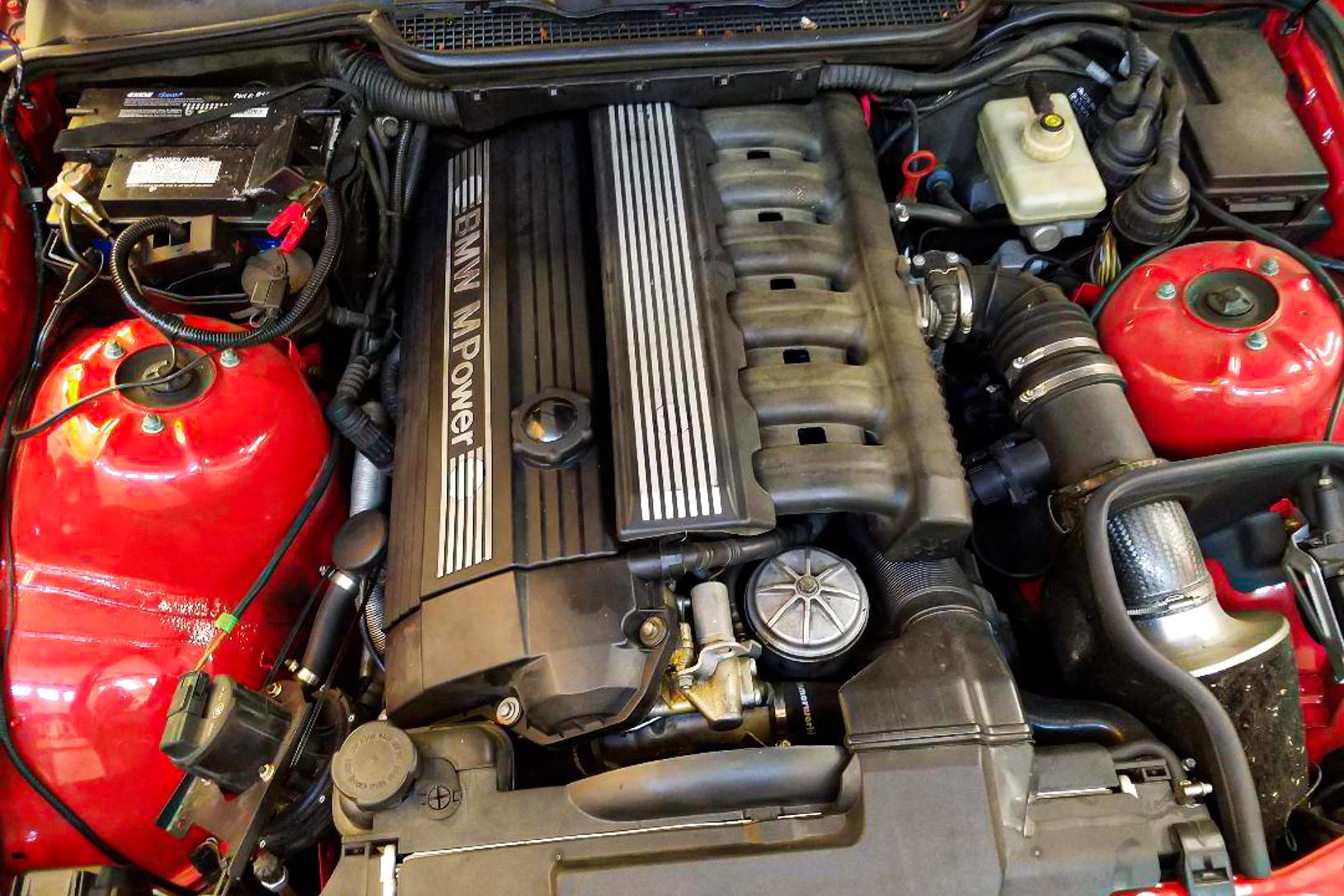Trick Functions to Try To Find When Investing In an Engine for Automotive Applications
When taking into consideration the purchase of an engine for vehicle applications, several crucial features call for mindful assessment to make certain optimal performance and capability. From power and efficiency capabilities to sustain performance, adherence, and resilience to exhausts requirements, each element plays an essential function in figuring out the engine's suitability for certain automotive needs.
Power and Performance
When choosing an automobile engine, buyers focus on power and performance to guarantee optimal driving experience and efficiency. A well-performing engine not just provides power efficiently yet likewise operates efficiently across various speed ranges and driving problems.
Purchasers frequently take into consideration the engine's torque outcome alongside its power ranking. Torque, determined in pound-feet (lb-ft) or Newton-meters (Nm), reflects the engine's rotational pressure, influencing the lorry's capability to tow, climb slopes, and speed up from standstill. An equilibrium between power and torque is vital for accomplishing a receptive and flexible driving experience. In addition, elements such as engine variation, crossbreed, and turbocharging innovations play substantial functions in boosting both power and performance levels. Inevitably, selecting an engine that uses a potent combination of power and efficiency ensures a enjoyable and efficient driving experience. bmw 318ti.
Gas Performance
When reviewing vehicle engine options,Enhancing gas efficiency is an extremely important consideration for customers. The efficiency of an engine straight influences operating expenses and ecological footprint. One crucial factor affecting gas efficiency is the engine's layout and technology. Modern engines with functions like straight fuel injection, turbocharging, and variable shutoff timing can significantly improve gas efficiency by enhancing burning procedures and decreasing power loss. In addition, the overall weight of the engine and car, in addition to the aerodynamics, play essential functions in identifying gas intake.
Longevity and Dependability
Achieving resilient performance and trustworthy procedure is vital for consumers evaluating the durability and reliability of automotive engines. When thinking about an engine for automotive applications, toughness refers to the engine's capability to hold up against wear, stress and anxiety, and severe operating conditions over an extensive period. Dependability, on the various other hand, implies that the engine can constantly execute its intended function without unanticipated breakdowns or failures.
Customers need to search for engines built with high-quality materials and exact design to ensure longevity. Parts such as bearings, crankshafts, and pistons should be resilient to manage the engine's power result without premature wear. Furthermore, engines equipped with innovative cooling systems, effective lubrication, and robust filtering systems have a tendency to display higher levels of dependability.
Regular maintenance and adherence to manufacturer suggestions are also important consider maintaining an engine's longevity and reliability. By adhering to upkeep routines, utilizing suggested fluids, published here and attending to any type of problems quickly, consumers can make best use of the life-span and performance of their automotive engines. Ultimately, focusing on longevity and integrity in engine choice can result in a more satisfying possession experience with fewer unexpected disturbances.
Discharges Conformity
Guaranteeing compliance with emissions laws is a critical element of evaluating auto engines for ecologically conscious customers. With boosting issues about air top quality and environmental influence, stringent emissions criteria have been implemented globally to minimize damaging contaminants launched into the ambience. When buying an engine for automotive applications, it is vital to consider its discharges conformity to reduce the carbon impact and adhere to lawful needs.
Modern engines are furnished with advanced discharge control technologies such as catalytic converters, exhaust gas recirculation (EGR) systems, and careful catalytic decrease (SCR) to decrease unsafe exhaust gases like nitrogen oxides (NOx), carbon monoxide (CARBON MONOXIDE), and hydrocarbons (HC) These systems play an essential function in ensuring that the engine satisfies the defined emissions requirements and runs within acceptable limitations.

Cost-effectiveness
When considering automobile engine purchases, assessing cost-effectiveness is critical for consumers looking for both efficiency and value. It encompasses the overall expenditures connected to maintenance, fuel intake, and possible repair services over the engine's life expectancy.
Engines that are developed to maximize gas economy can lead to significant financial savings over time, particularly for people who drive often or over long ranges. bmw 318ti. In addition, considering the accessibility and cost of spare parts and maintenance can contribute to the overall cost-effectiveness of an engine.

Final Thought
In verdict, useful link when acquiring an engine for automotive applications, it is vital to take into consideration key features such as power and performance, fuel longevity, reliability and efficiency, discharges compliance, and cost-effectiveness. These elements are vital in making sure that the engine fulfills the demands of the car and operates successfully in numerous driving problems - bmw 318ti. Making an educated choice based on these criteria will ultimately bring about a reliable and successful auto engine purchase
From power and performance capacities to fuel adherence, sturdiness, and efficiency to exhausts requirements, each aspect plays an essential duty in establishing the engine's suitability for specific vehicle needs. Engines made to run on alternate fuels such as electrical power, hybrid systems, or biofuels can supply enhanced gas economic climate and lower discharges compared to standard gasoline or diesel engines. Customers should very carefully consider the gas efficiency scores and technologies included into vehicle engines to make informed acquiring choices that align with their concerns for price savings and sustainability.
When taking into consideration an engine for automotive applications, toughness refers to the engine's capacity to endure wear, stress and anxiety, and harsh operating problems over an extended period.In final thought, when acquiring an engine for automotive applications, it is vital to consider essential functions such as power and efficiency, gas toughness, integrity and performance, emissions conformity, and cost-effectiveness.